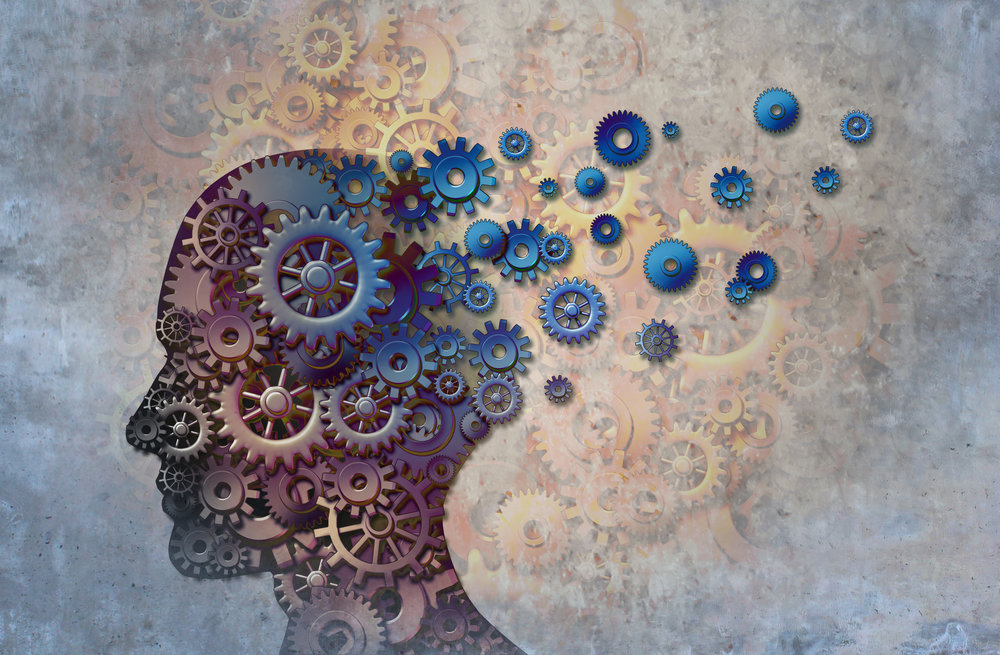National document on dementia to set the scene for prevention’

TEHRAN — Adopting the national document on dementia would pave the way for prevention of the diseases associated with memory loss, a senior advisor at cognitive sciences and technologies council affiliated to science and technology vice-presidency has said.
Dementia is not a specific disease. It's an overall term that describes a group of symptoms associated with a decline in memory or other thinking skills severe enough to reduce a person's ability to perform everyday activities. Alzheimer's disease accounts for 60 to 80 percent of cases.
Currently the national document on dementia is being drawn up, ISNA news agency quoted Mohammad Taqi Joghataei as saying on Monday.
There are exact figure regarding the number of people affected by dementia, however, it is projected that some 500,000 will develop the disease in the future, Joghataei warned.
The possibility of developing dementia increases with aging as the symptoms usually appear at the age of 60, he said, adding that the second phase of the diseases associated with dementia usually develop between the ages 60 to 70 and the diseases will worsen at the age of 80.
The best way to decrease dementia cases is to prevent it which means those who are at risk of developing the diseases should be screened, he highlighted.
Therefore, based on the national document on dementia Ministry of Health, in collaboration with other responsible organization, will run screening programs based on standardized tests, he noted.
Joghataei went on to say that those who are susceptible to develop dementia in the future will be referred to healthcare centers and in case the disease is confirmed they will receive treatment.
Normally the treatments at this stage are non-drug including speech therapy, occupational therapy, as well as psychological interventions, he explained.
With implementing the plan the prevalence of dementia will decrease, he suggested.
As the population in the country is aging dementia is on the rise in the country, he concluded.
Census reports of 2016 indicate that the number of persons, aged 60 years or older, has increased by 1.5-fold over the past decade (2006-2016) in Iran. In 2006, some 5.1 million people were 60 or older, but the number rose to 6.1 million in 2011 and to 7.4 million in 2016. Currently, the country’s total population stands at about 80 million, of which some 9.3 percent is 60 or older.
Dementia figures
Worldwide, World Health Organization reports, around 50 million people have dementia, and there are nearly 10 million new cases every year. Alzheimer's disease is the most common form of dementia and may contribute to 60–70% of cases.
In September 2017, head of Iran Alzheimer’s Association Masoumeh Salehi said that some 700,000 people have Alzheimer’s disease in Iran.
Dementia is one of the major causes of disability and dependency among older people worldwide. Dementia has a physical, psychological, social, and economic impact, not only on people with dementia, but also on their carers, families and society at large.
Although age is the strongest known risk factor for dementia, it is not an inevitable consequence of ageing. Further, dementia does not exclusively affect older people – young onset dementia (defined as the onset of symptoms before the age of 65 years) accounts for up to 9% of cases.
Some research has shown a relationship between the development of cognitive impairment and life-style related risk factors that are shared with other noncommunicable diseases. These risk factors include physical inactivity, obesity, unhealthy diets, tobacco use and harmful use of alcohol, diabetes, and midlife hypertension. Additional potentially modifiable risk factors include depression, low educational attainment, social isolation, and cognitive inactivity.
Stages of dementia
At the early stage of dementia is often overlooked, because the onset is gradual. Common symptoms include: forgetfulness, losing track of the time, and becoming lost in familiar places.
At middle stages as dementia progresses to the middle stage, the signs and symptoms become clearer and more restricting. These include: becoming forgetful of recent events and people's names, becoming lost at home, having increasing difficulty with communication, needing help with personal care, experiencing behavior changes, including wandering and repeated questioning.
Late stage: the late stage of dementia is one of near total dependence and inactivity. Memory disturbances are serious and the physical signs and symptoms become more obvious. Symptoms include: becoming unaware of the time and place, having difficulty recognizing relatives and friends, having an increasing need for assisted self-care, having difficulty walking, experiencing behavior changes that may escalate and include aggression.
There is no treatment currently available to cure dementia or to alter its progressive course. Numerous new treatments are being investigated in various stages of clinical trials.
However, much can be offered to support and improve the lives of people with dementia and their carers and families. The principal goals for dementia care are: early diagnosis in order to promote early and optimal management, optimizing physical health, cognition, activity and well-being, identifying and treating accompanying physical illness, detecting and treating challenging behavioral and psychological symptoms, and providing information and long-term support to carers.
MQ/MG
Leave a Comment